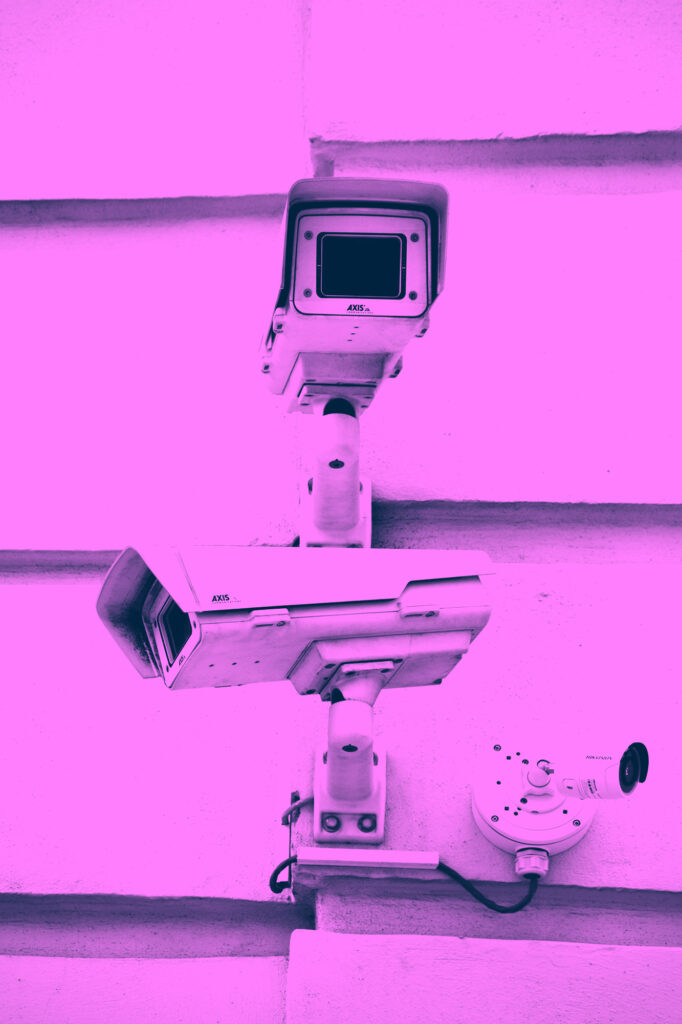Hyperfixation: A state of intense focus on a single person, activity, or object, to the point that a person may lose track of time or ignore other responsibilities. It can involve a heightened emotional and cognitive engagement and can lead to a deep connection to the chosen interest. Usually occurring in neurodivergent people, or others with mental health conditions.
For me, this has always been a problem from a young age. I’ve always had these small and large obsessions that steal all my focus, much to the detriment of many other parts of my life. It comes up in many ways, which I will mention later. My mental diagnosis is a huge factor in these fixations. It’s important to know that hyperfixation isn’t a diagnosis, but a symptom of other underlying mental diagnosis.
Hyperfixation presents itself in different way with different people. For me, over the years, it has been things like obsessing over learning a new language, watching movies and tv shows and immersing myself into them (most recently the movie Wicked), video games is a huge one for me, in my past I will obsess myself with one person and make them my only friend and only want to do things with that one person, and one thing that always bugs the crap out of me is writing posts for my blog. I will get super obsessed with writing posts and sometimes push out 5-10 of them in a very short time.
These have proven damaging to other parts of my life. My relationships suffer, my work suffers, I lose track of my recovery and don’t put in the appropriate effort, I don’t spend time on other things that matter like hobbies. Pretty much every other part of my life suffers when I am hyperfixated. Some other byproducts of hyperfixation can include social isolation, productivity in other areas of life, health changes, loss of sleep, and more. This also sounds very much like how addiction takes away from your life.
Typically for me my hyperfixation occurs when I am in mania or hypomania. The uptick in energy drives me to get really good at one thing. With bipolar disorder it can occur in mania and less severe or likely when hypomanic. When I am manic the fixation is in more “positive” outlets where I am getting at least one thing done, albeit the only thing. When I am in a depressive episode the fixation usually revolves around negative things like focusing on negative thoughts on repeat. Back before I got diagnosed and was on meds, I had the same thought on repeat every single night for nearly a year. It was a traumatic experience I was reliving, but it was enough to take my full focus when I was depressed.
There are triggering events that can set fixations in motion. For me it can be something as simple as a negative interaction when depressed, or something as major as a major life change when I am manic. Other triggers can include poor diet, lack of sleep, inability to cope with things, and so much more. Depending on your life’s circumstances a trigger can be virtually anything. As I’ve seen with my own battles.
Another major thing that happens pretty fast is that I will get burnt out on whatever the task is, but I then have no motivation for anything else. Other tasks, relationships, friendships, or anything else. Everything suffers. But I have been working on ways to manage it more so that I don’t get burnt out and can give other areas of my life the attention that they need.
Below are some ways I try to keep my focus in check to try and be healthier in my life, mentally, physically, and spiritually.
- Keep my time in check: Setting timers is helpful for me. I can keep track of the time I spend on a task and disengage myself after a certain amount of time.
- Educate others my symptoms: I like to have others in my life that are educated on my symptoms so that there is an extra eye on me but also for accountability. Having someone who knows, and cares can be huge in curbing your fixations. Just make sure you have someone caring and has your best interest in mind.
- Have other interests handy: Keeping other interests handy can be a great way to disengage and switch it up. I have a lot of things I find interest in and can easily switch when I recognize my fixation.
- Meditation: Or any type of mindfulness exercises helps me snap out of a fixation. Or at least pull me away from them temporarily.
- Have a routine and track it: Keeping track of my interest, how much time I spent on them, and how productive they have been helps me.
These are just a few of the ways I try and work on my fixations. If you have ways to manage fixations, please share them in the comments section.





